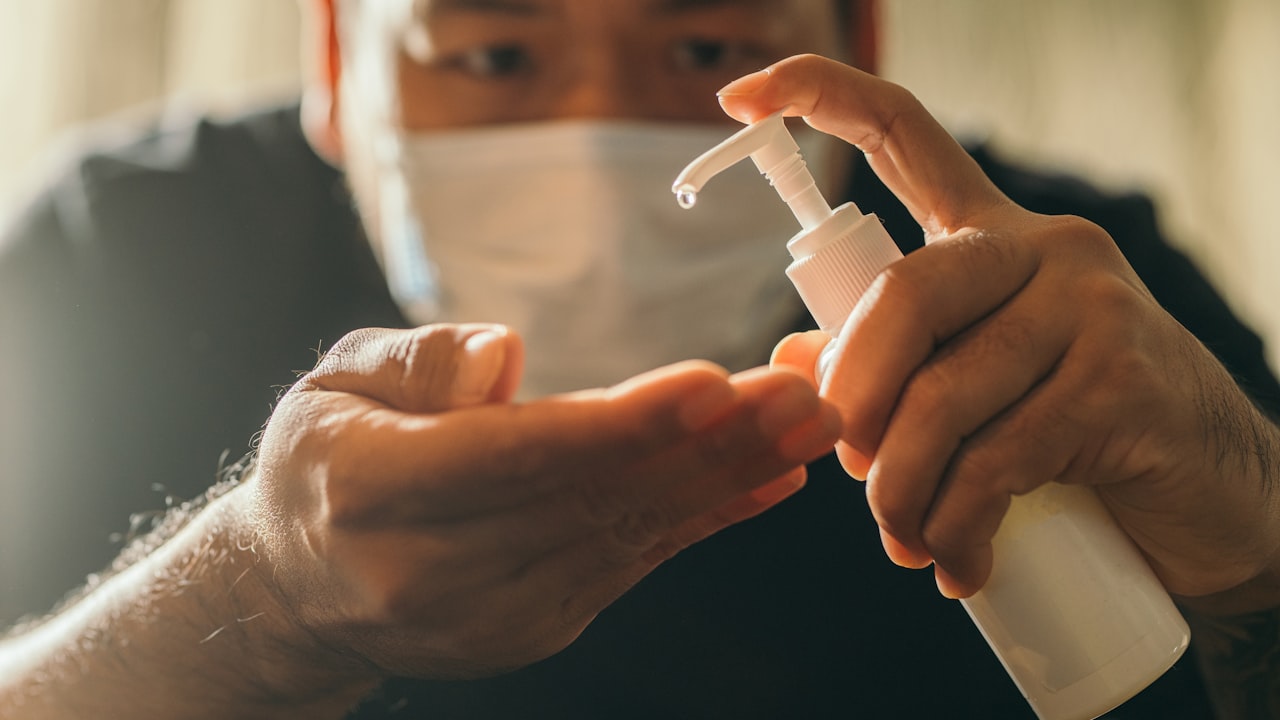 Title: Designing Precision Injection Molds: Key Considerations and Best Practices
Title: Designing Precision Injection Molds: Key Considerations and Best Practices
In the realm of manufacturing, injection molding stands out as a versatile and efficient process for producing a wide array of plastic parts. Behind the success of injection molding lies the critical component of injection molds. These molds are essential tools in shaping plastic materials into the desired form, making them a pivotal aspect of the manufacturing process.
Designing precision injection molds requires careful attention to detail and adherence to best practices. One of the initial steps in this process is selecting a reputable injection mold factory or supplier. Collaboration with an experienced and reliable partner can significantly impact the quality and efficiency of the mold design and production.
A key consideration in designing precision injection molds is the choice of materials. High-quality materials are essential for ensuring the durability and longevity of the mold. Factors such as the type of plastic being used, expected production volume, and budget constraints play a crucial role in determining the most suitable material for the mold.
Another critical aspect of mold design is the incorporation of features that enable efficient and uniform filling of the mold cavity. Proper venting, gate design, and cooling systems are vital elements that contribute to the overall quality of the final plastic part. Additionally, considerations such as draft angles, wall thickness, and parting line design impact the ease of mold release and the overall quality of the molded part.
The manufacturing process of injection molds involves a series of steps, including mold design, material selection, machining, and testing. Each stage requires precision and expertise to ensure that the final mold meets the specified requirements. Collaborating closely with the injection mold factory or supplier throughout these stages is essential for achieving optimal results.
In conclusion, designing precision injection molds involves a combination of technical expertise, attention to detail, and collaboration with experienced partners. By following best practices and considering key factors such as material selection, mold features, and manufacturing processes, manufacturers can create high-quality molds that enhance the efficiency and quality of the injection molding process.
